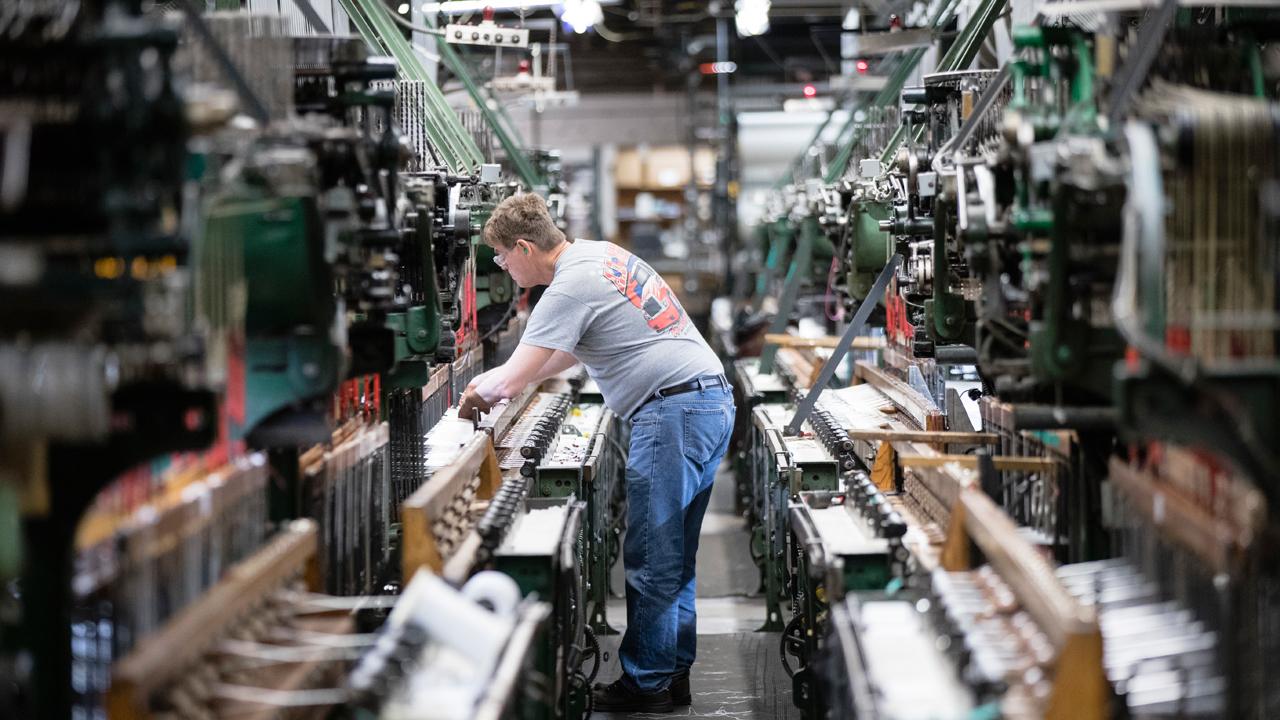Coast to coast, Fed sees 'slight to moderate' and 'modest to moderate' economy
The U.S. economy grew at a "slight to moderate" pace over the last several weeks across all regions of the country, with wage pressures reported for both low- and high-skilled jobs, the Federal Reserve reported in its latest compendium of regional economic activity.
"Activity expanded across all 12 Federal Reserve Districts in June, with the pace of growth ranging from slight to moderate," the Fed said in its latest Beige Book report, a collection of snapshot reports from the Fed's 12 regional reserve banks.
"Employment...maintained a modest to moderate pace of expansion," the report found. "Wages continued to grow at a modest to moderate pace in most Districts...Rising wage pressures were noted among both low- and high-skilled positions."
Household spending also held up in most regions, though auto sales declined in half of the Fed's regions and a few districts saw a broader slowing.

"Apparel sales 'continued to be hammered'" the Federal Reserve Bank of Philadelphia reported, with traditional stores and malls "buffeted by a surge in retail bankruptcies." Wage pressures in the region "continue to be muted."
The report is consistent with recent Fed policy statements and the testimony on Capitol Hill on Wednesday by Fed Chair Janet Yellen, who told Congress the central bank remained on track to continue raising rates and to soon start reducing the size of its asset holdings.
Growth overall is slow but steady; unemployment is low, but wages have yet to accelerate. Businesses consulted by the Fed reported a combination of labor shortages in some regions, with building contractors in Cleveland reporting trouble hiring enough drywall installers, and freight haulers struggling to find drivers despite higher wages.
Elsewhere, the Boston Fed reported a data storage firm was planning "double-digit percent increases in its net headcount," with other tech-related firms also hiring, even as some mentioned the need to raise salaries to do so.
The Fed has been hoping that wage increases would accelerate as the unemployment rate drops, helping over time to push prices higher as well and reach the Fed's two percent inflation target.
(Reporting by Howard Schneider; Editing by Andrea Ricci)




















